United Airlines has launched an investigation after several people across the country were harassed over the weekend with late night, profanity-laced phone calls supposedly from the company's customer service telephone number.
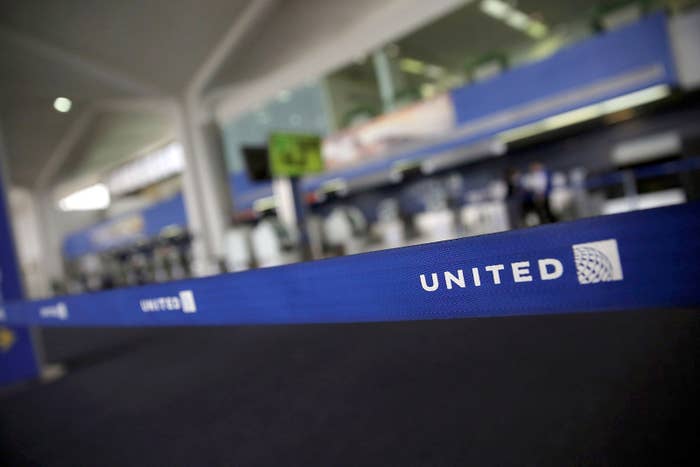
Three people told BuzzFeed News they received calls from the United Airlines customer service number (1-800-864-8331) and spoke with a man who claimed to work with the company.
In reality, though, the calls most likely came from pranksters using software to mask their caller ID as the official United number — a prank that has previously been played on customers of other companies, including Comcast.

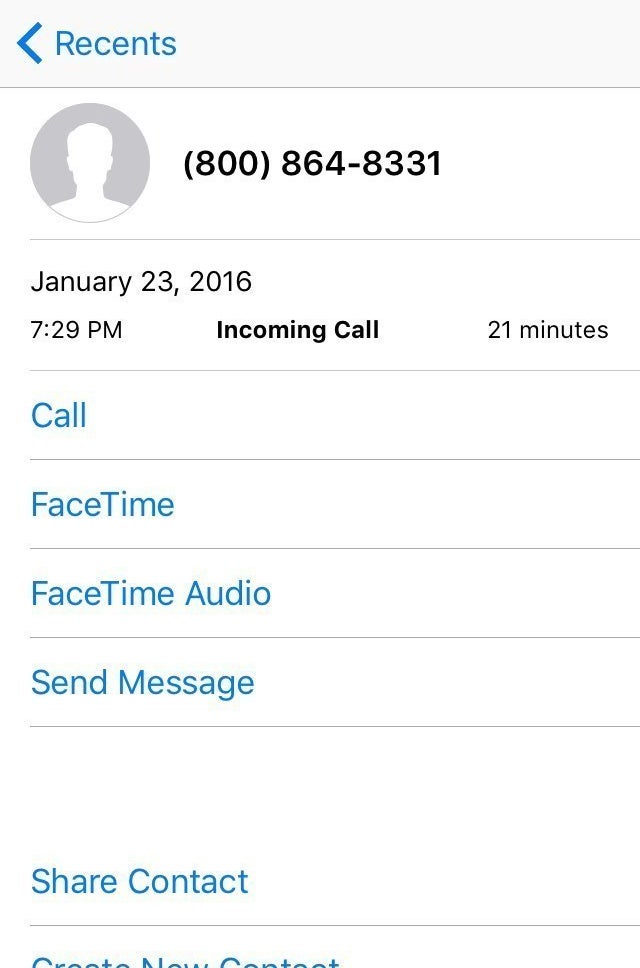
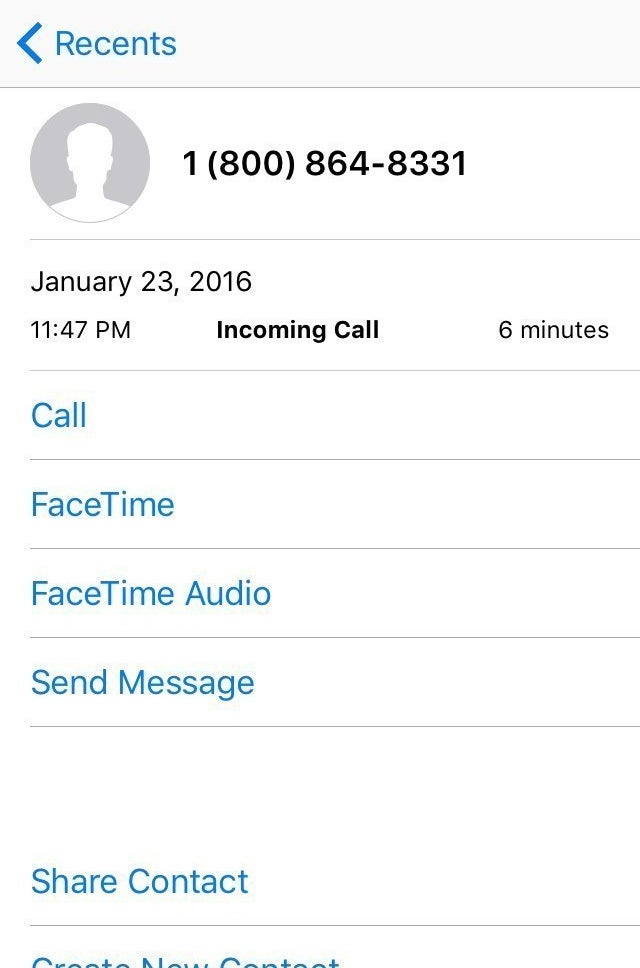
Call logs from Wilkof, Creel, and Even Or provided to BuzzFeed News.
"I think it was around the time that he called me a cunt that I hung up," Molly Wilkof, 28, told BuzzFeed News of the phone call she received at midnight on Saturday from a man claiming to work for United in Oregon.
"I called back and it was their official customer service number but I couldn't get a hold of a human being," she said.
Also on Saturday evening, Joey Creel, 31, spoke with someone who called to discuss getting him home from California to Washington, D.C., after his United flight was cancelled due to the east coast blizzard. "The guy told me to go fuck myself," Creel told BuzzFeed News. "I rebutted saying that's not how customer service representatives should talk and said I wanted to speak with his manager, and he said, 'You can speak to his dick, and I have one for your mom to ride.'"
When Creel demanded the purported employee's identification number he was given the code "S-P-3-R-M."
"I was just trying to figure out how to get home," Creel said, "so when this guy started cussing at me, I was like, 'Is this Ashton Kutcher? Am I being punked?'"
Yael Even Or, 30, was also given the code "S-P-3-R-M" by someone calling from the official United number on Saturday evening. "I'd been waiting to talk to United all weekend so when someone called me back finally I was being patient with him," she told BuzzFeed News, "but he said this thing was called 'sperm' and that's when I hung up."
All three theorized that perhaps a disgruntled United employee was harassing customers, or perhaps someone hacked the company's database.
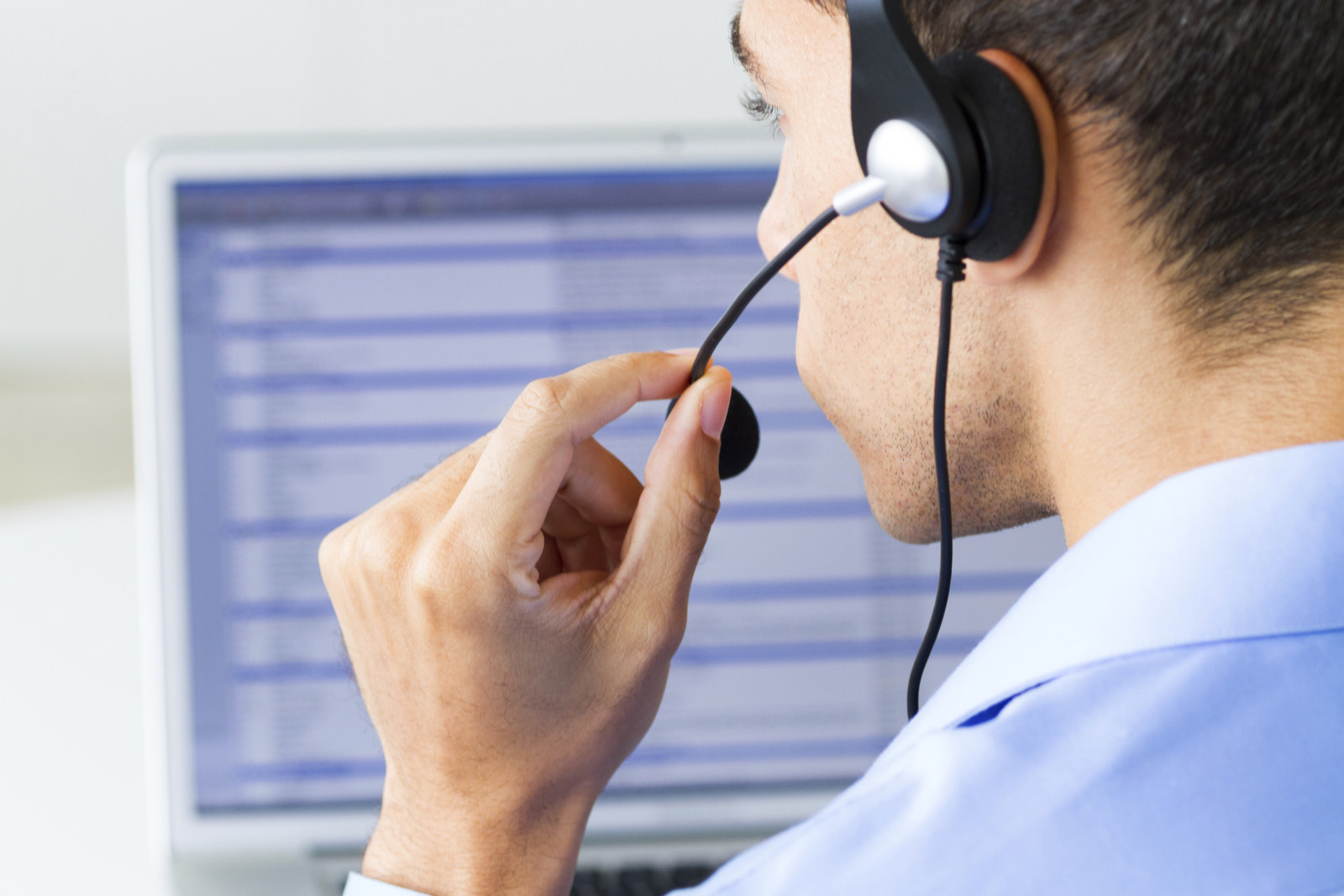
However, despite not knowing each other, Wilkof, Creel, and Even Or all shared a similar habit — complaining publicly about companies on social media.
Creel and Even Or both tweeted criticism of the airline on Twitter earlier on Saturday, while Wilkof retweeted a complaint from her boyfriend, who, like Even Or's boyfriend, was trying to fly to the U.S. from Europe.
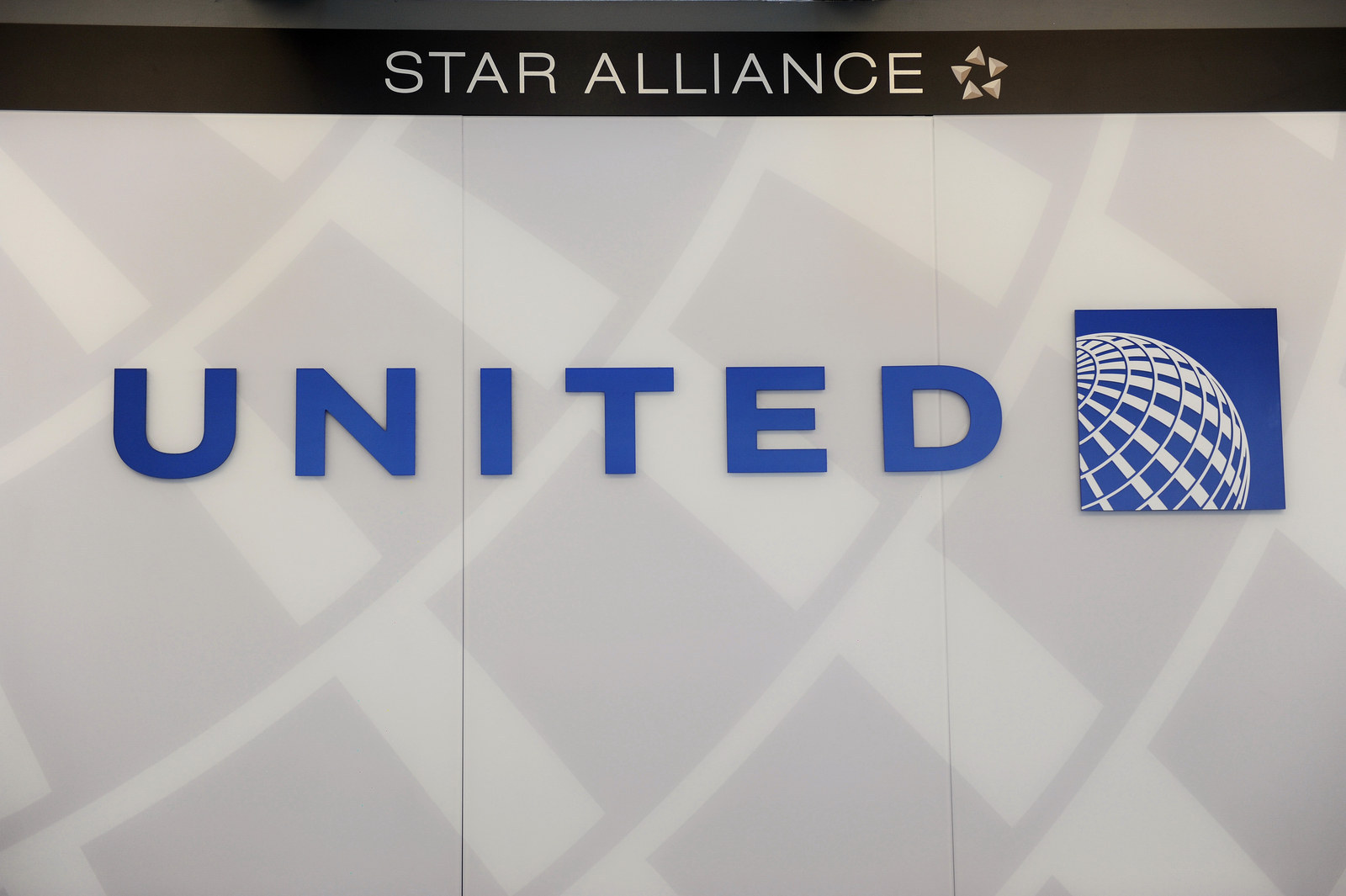
What's likely is that, amid the chaos of the snowstorm, pranksters identified people who had complained about United Airlines on Twitter and then tracked down their cell phone number from publicly available sources.
Multiple online websites and apps allow people to make calls that show fake caller IDs.
BuzzFeed News was able to replicate a call from the United Airlines customer service number using one such website.

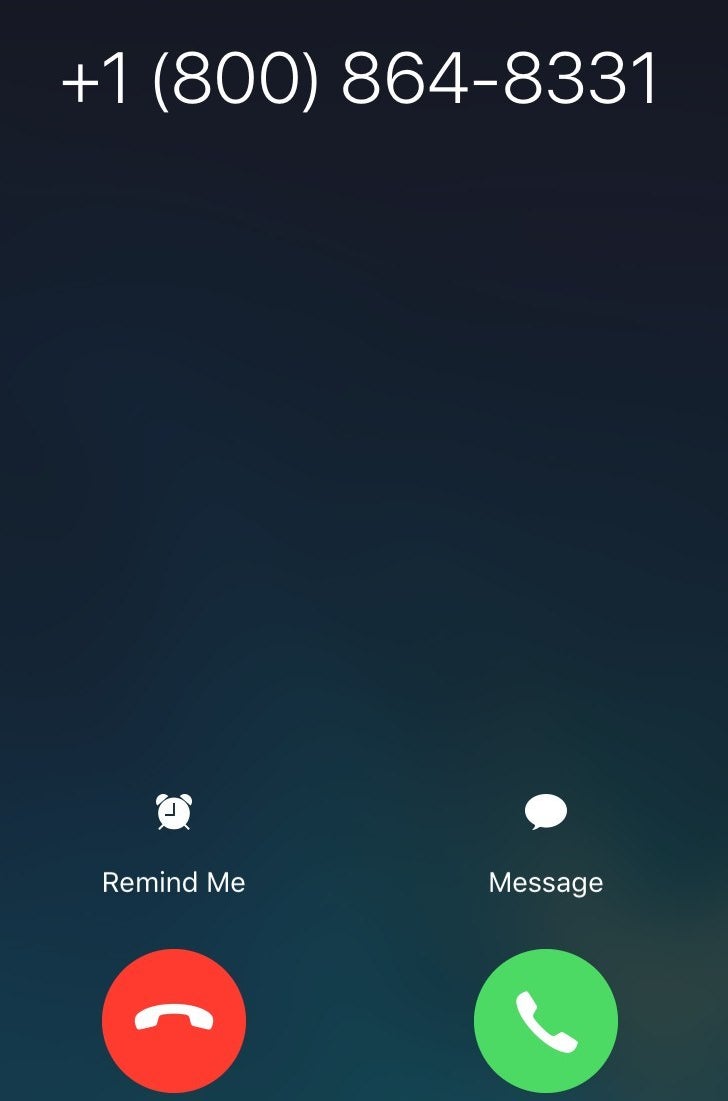
A United Airlines representative told BuzzFeed News via Twitter, "We're aware of an ongoing issue with a prank call group. This group targets various businesses and their customers with harassing phone calls and we are currently investigating."
This prank phenomenon was previously reported in September by the podcast Reply All, which spoke with a man pranked by someone purporting to be from Comcast.
Comcast's head of security, Matt Moleski, told the podcast he has 100 staff working to stop such phone calls.
"You know, I don’t know if frustrated quite captures the level of anger that I experience when I see something like that, but really more so for the customers themselves who have been exploited and whose trust has been betrayed," Moleski said.
After this story was published, a United Airlines spokesperson told BuzzFeed News the company "[encourages] customers who believe they have been the target of harassment to contact their local authorities."
Sara Yasin contributed to this report.
